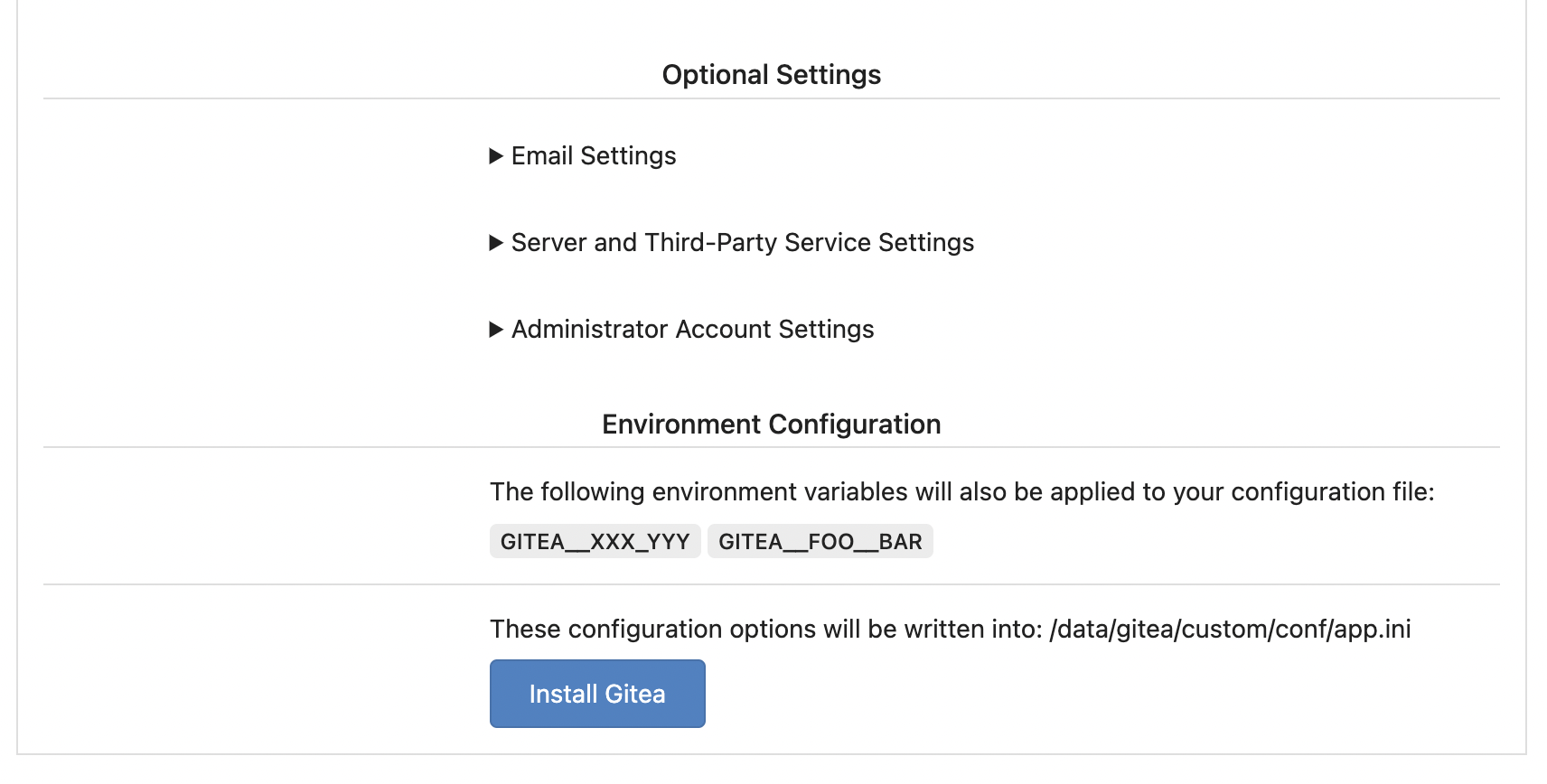Previously, the default was a week.
As most instances don't set the setting, this leads to a bad user
experience by default.
## ⚠️ Breaking
If your instance requires a high level of security,
you may want to set `[security].LOGIN_REMEMBER_DAYS` so that logins are
not valid as long.
---------
Co-authored-by: Jason Song <i@wolfogre.com>
(cherry picked from commit 0d5abe3454c73f11d90d2809af0949a0e0636c22)
## Changes
- Add deprecation warning to `Token` and `AccessToken` authentication
methods in swagger.
- Add deprecation warning header to API response. Example:
```
HTTP/1.1 200 OK
...
Warning: token and access_token API authentication is deprecated
...
```
- Add setting `DISABLE_QUERY_AUTH_TOKEN` to reject query string auth
tokens entirely. Default is `false`
## Next steps
- `DISABLE_QUERY_AUTH_TOKEN` should be true in a subsequent release and
the methods should be removed in swagger
- `DISABLE_QUERY_AUTH_TOKEN` should be removed and the implementation of
the auth methods in question should be removed
## Open questions
- Should there be further changes to the swagger documentation?
Deprecation is not yet supported for security definitions (coming in
[OpenAPI Spec version
3.2.0](https://github.com/OAI/OpenAPI-Specification/issues/2506))
- Should the API router logger sanitize urls that use `token` or
`access_token`? (This is obviously an insufficient solution on its own)
---------
Co-authored-by: delvh <dev.lh@web.de>
Closes #27455
> The mechanism responsible for long-term authentication (the 'remember
me' cookie) uses a weak construction technique. It will hash the user's
hashed password and the rands value; it will then call the secure cookie
code, which will encrypt the user's name with the computed hash. If one
were able to dump the database, they could extract those two values to
rebuild that cookie and impersonate a user. That vulnerability exists
from the date the dump was obtained until a user changed their password.
>
> To fix this security issue, the cookie could be created and verified
using a different technique such as the one explained at
https://paragonie.com/blog/2015/04/secure-authentication-php-with-long-term-persistence#secure-remember-me-cookies.
The PR removes the now obsolete setting `COOKIE_USERNAME`.
Replace #25580
Fix #19453
The problem was: when users set "GITEA__XXX__YYY" , the "install page"
doesn't respect it.
So, to make the result consistent and avoid surprising end users, now
the "install page" also writes the environment variables to the config
file.
And, to make things clear, there are enough messages on the UI to tell
users what will happen.
There are some necessary/related changes to `environment-to-ini.go`:
* The "--clear" flag is removed and it was incorrectly written there.
The "clear" operation should be done if INSTALL_LOCK=true
* The "--prefix" flag is removed because it's never used, never
documented and it only causes inconsistent behavior.

That's a longstanding INI package problem: the "MustXxx" calls change
the option values, and the following "Save" will save a lot of garbage
options into the user's config file.
Ideally we should refactor the INI package to a clear solution, but it's
a huge work.
A clear workaround is what this PR does: when "Save", load a clear INI
instance and save it.
Partially fix #25377, the "install" page needs more fine tunes.
Some bugs caused by less unit tests in fundamental packages. This PR
refactor `setting` package so that create a unit test will be easier
than before.
- All `LoadFromXXX` files has been splited as two functions, one is
`InitProviderFromXXX` and `LoadCommonSettings`. The first functions will
only include the code to create or new a ini file. The second function
will load common settings.
- It also renames all functions in setting from `newXXXService` to
`loadXXXSetting` or `loadXXXFrom` to make the function name less
confusing.
- Move `XORMLog` to `SQLLog` because it's a better name for that.
Maybe we should finally move these `loadXXXSetting` into the `XXXInit`
function? Any idea?
---------
Co-authored-by: 6543 <6543@obermui.de>
Co-authored-by: delvh <dev.lh@web.de>